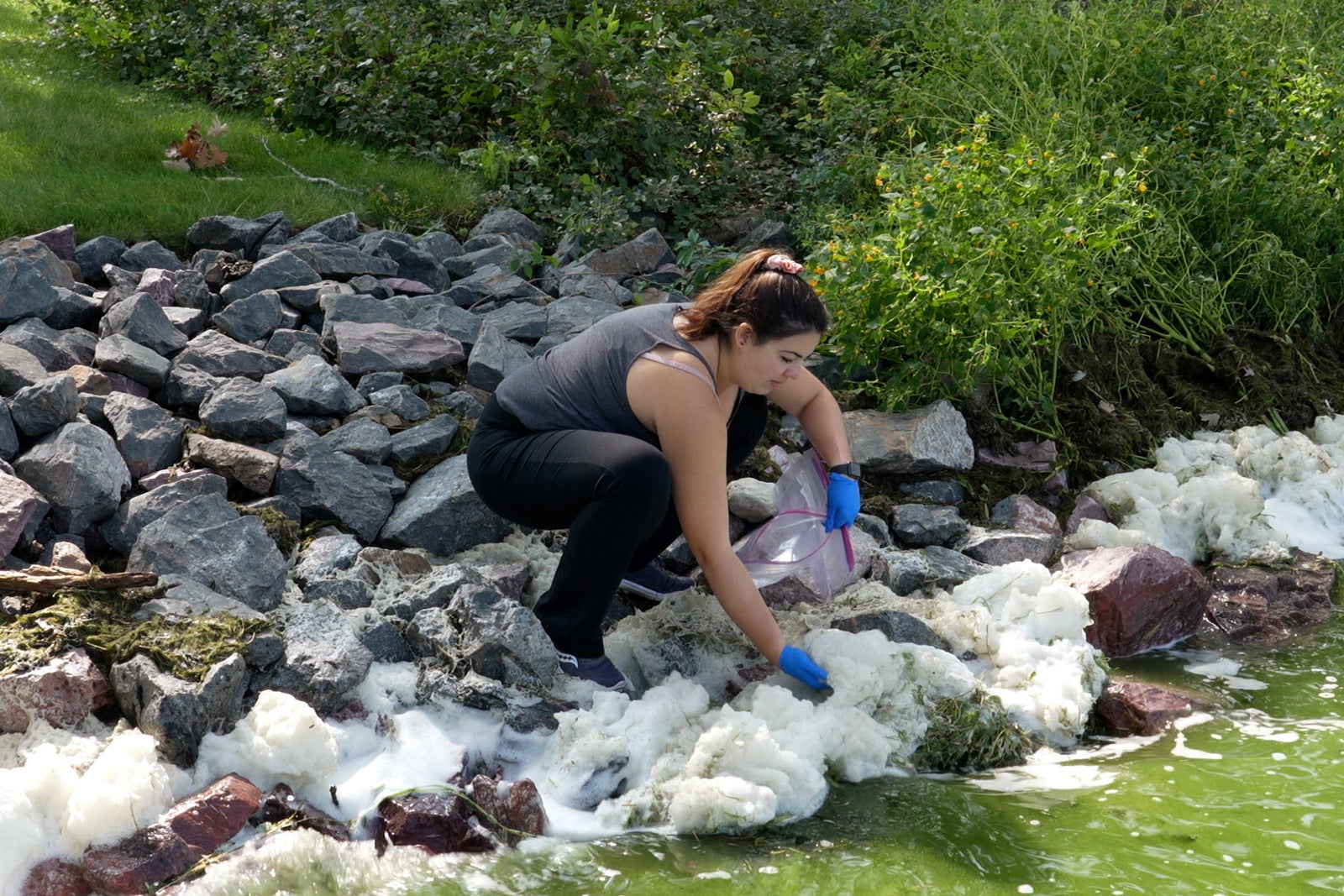Key conservation, environmental priorities left out of Wisconsin budget
July 7, 2025
The $111 billion budget recently signed by Gov. Tony Evers didn’t set aside money for key conservation and environmental priorities, including funding for the state’s land purchase program.
Republican lawmakers on the Legislature’s budget-writing committee previously excluded money for the Warren Knowles-Gaylord Nelson Stewardship Program. The program allows the Wisconsin Department of Natural Resources to borrow money to buy land for conservation and expand opportunities for outdoor recreation.
Some Republicans have been reluctant to fund the program after losing a legal battle with Evers, a Democrat, over lawmakers seeking to block funding for conservation projects.
This field is for validation purposes and should be left unchanged.
Evers vetoed several earmarked projects in the bill passed by the Legislature that he argued would benefit “the politically connected few” rather than funding the Knowles-Nelson program that he said has benefited millions.
“While I am exceedingly disappointed that Republican lawmakers are putting the future of this program at risk by failing to reauthorize and fund it in this budget, it remains critically important to me that the Knowles-Nelson Stewardship Program is reauthorized — and without delay — to ensure that it remains part of Wisconsin’s proud history and legacy,” Evers said in a statement.
Some Republicans who sought funding for the vetoed projects objected. Rep. Rob Swearingen, R-Rhinelander, called it a “lame excuse.”
Evers proposed $1 billion in funding for the program over the next decade. It is currently funded at roughly $33 million each year, and Evers asked legislators to triple that amount to $100 million each year.
Rep. Tony Kurtz, R-Wonewoc, and Sen. Patrick Testin, R-Stevens Point, have introduced their own standalone bill that would reauthorize the program at $28.25 million annually through June 2030. Their proposal would create a new program for major land purchases and require legislation for projects that cost more than $1 million.
Kurtz and Testin were not immediately available for comment. In a June 27 statement, the two lawmakers said prior to a finance committee vote on the DNR’s budget that it was best to address the program’s reauthorization separately.
“We are committed to getting something done and not taking action … gives us the best opportunity to ensure the bill for the program has the time and attention it needs for future success,” they wrote. “We look forward to continuing the conversations throughout the next several weeks.”
Charles Carlin, strategic initiatives director for Gathering Waters, said it’s vital to reauthorize the program sooner rather than later. The group that advocates for Wisconsin land trusts said delaying reauthorization can affect work with donors and landowners on projects. He said lawmakers have chosen a delicate path to ensure the program’s future.
“The Legislature has not shown a lot of ability to move standalone legislation through, especially items that require bipartisan compromise,” Carlin said. “We have a lot of nervousness and trepidation about things moving forward here.”
He said conservation advocates want to ensure transparency and clear guidelines around the creation of a new major land purchase program, as well as continued funding for land acquisition in addition to habitat management.

In addition to reauthorizing stewardship funding, Evers noted in his veto message that it’s been two years since the Legislature set aside $125 million in a trust fund to address PFAS contamination. However, the governor and lawmakers have been at odds over spending it.
Evers had proposed $145 million to address PFAS, but the Republican-controlled Legislature stripped his provisions from the budget.
Sen. Eric Wimberger, R-Oconto, and Rep. Jeff Mursau, R-Crivitz, have introduced two standalone bills that create grant programs to address PFAS contamination and exempt certain individuals and facilities often referred to as “innocent landowners” from being forced to clean up PFAS under the spills law.
The law requires anyone who causes, possesses or controls a hazardous substance that’s been released into the environment to clean it up.
Dispute over releasing the funds largely centers around defining who counts as an innocent landowner. Evers vetoed similar legislation last year over fears it would limit the authority of the state Department of Natural Resources and let polluters off the hook.
But without changes, Wimberger said people who didn’t cause contamination are at risk of incriminating themselves and being forced to pay to clean up PFAS if they apply for grants.
“I think there’s been a bit of a crack in the door, maybe some light to negotiate appropriate language for innocent landowners,” Wimberger said.
Earlier this year, Evers proposed exempting residents and farmers from being held financially responsible for cleaning up PFAS under the spills law if they unknowingly spread contaminated biosolids or treated sewage sludge on their lands.
Sara Walling, water and agriculture program director for Clean Wisconsin, said she hopes action will be taken on PFAS. However, she said environmental advocates and communities dealing with PFAS contamination want to see revisions to the legislation’s language to ensure it applies narrowly and doesn’t limit the DNR’s authority under the spills law or let polluters off the hook.
“I think there is a path toward something that we could all live with, and that would help get those dollars out there to those communities,” Walling said.
Even so, Wimberger said he believes some limits on the DNR’s authority may be necessary to protect people who didn’t cause contamination. He said he’s confident the Legislature can address PFAS through legislation in the fall.
Wisconsin Public Radio, © Copyright 2025, Board of Regents of the University of Wisconsin System and Wisconsin Educational Communications Board.
Search
RECENT PRESS RELEASES
Related Post


